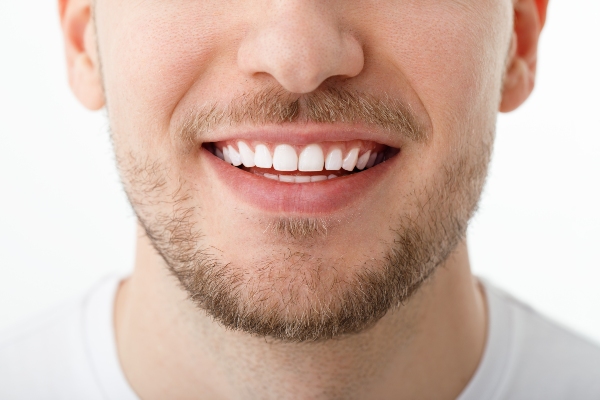 Dental veneers can improve your appearance and oral health. These porcelain shells can make dramatic changes to your smile. Each one can correct damage, discoloration, and misalignment. Understanding the process can help you relax on your treatment day. Here are the things to expect when you get your dental veneers.
Dental veneers can improve your appearance and oral health. These porcelain shells can make dramatic changes to your smile. Each one can correct damage, discoloration, and misalignment. Understanding the process can help you relax on your treatment day. Here are the things to expect when you get your dental veneers.
The consultation
Consulting a dentist is necessary before getting custom-fit shells. This is a chance to discuss the aspects of the procedure. The dentist will review the patient’s medical and dental histories. Doing so can determine if the individual can get dental veneers. A person with the following issues can get these restorations:
- Irregularly-shaped teeth
- Chipped or fractured teeth
- Misaligned teeth
- Dental gaps
- Stained teeth
Keep in mind that dental veneers can cover up mild to moderate imperfections. After all, thin, custom-fit shells can only do so much. The dentist will assess the patient’s teeth first. If the issues are severe, the dentist will recommend a better form of restoration, such as a dental crown.
The tooth preparation
Getting dental veneers will take two to three dental visits. The dentist will shave off a thin layer of enamel from the target teeth. This will roughen the surfaces of the teeth, allowing the shells to bond better to them. It will also provide enough space for custom-fit shells. Shaving off a little enamel will prevent the teeth from looking bulky.
Most patients do not need a local anesthetic. But if the patient feels a little uncomfortable, the dentist will administer it. Some dentists will provide local anesthesia to ensure a painless procedure. Taking impressions of the teeth will follow. The dental impressions will help the lab create the custom shells. The veneers will be ready after one to two weeks.
The placement
This will happen during the second dental visit. The dentist will check if the veneers have the right color, shape, and size. Expect slight adjustments. This will help the resulting smile look natural. The dentist will then cement the shells and harden the bonding material with a curing light. Cleaning, checking the bite, and polishing the teeth will come next.
The aftercare
Adjusting to the veneers will involve some discomfort. But the patient will still be able to talk and eat well after the veneer placement. In some cases, teeth may be more sensitive after the procedure. For this, sticking with soft foods will be helpful until the sensitivity passes.
Dental veneers tend to resist staining. Even so, brushing and flossing can keep the shells looking new. Make sure not to use the treated teeth for opening packages and containers. Proper care and maintenance can keep these restorations in top shape for years.
A week after getting the dental veneers, the patient will need to return to the clinic. This visit is important. The dentist will check the shells. The appointment is a chance for the dentist to check the gum tissues and see if there are any complications developing.
Understanding the steps in getting dental veneers can help you prepare for your procedure
Dental problems are easier to resolve with dental veneers. These shells are custom-fit so that the resulting smile looks natural. Doing your part in caring for your veneers is necessary. Working with your dentist can make these restorations last for a long time.
Request an appointment or call R. David Brumbaugh, DDS at 214-306-4402 for an appointment in our Dallas office.
Related Posts
Dental veneers may be the most effective option to repair uneven, misshapen, or broken teeth. They can also help reduce gaps in the teeth. Traditional veneers come in two main types: porcelain and composite resin. While both can help you achieve that movie-star smile, they have some differences. This article will explore both porcelain and…
Getting dental veneers can improve your smile. These thin shells can also protect the treated teeth. Your dentist can determine if you can have this treatment. Here are the details to see if you are a candidate for dental veneers.The enamel can thin out because of sweet and acidic foods and drinks. Hard brushing can…
Dental veneers are versatile restorations. Your dentist can improve the health and appearance of your teeth by applying these custom-fit shells. Talking to your dentist about the procedure can motivate you to set your treatment schedule. Here are the pros and cons of getting your dental veneers.Dental veneers can be a good choice for dental…


